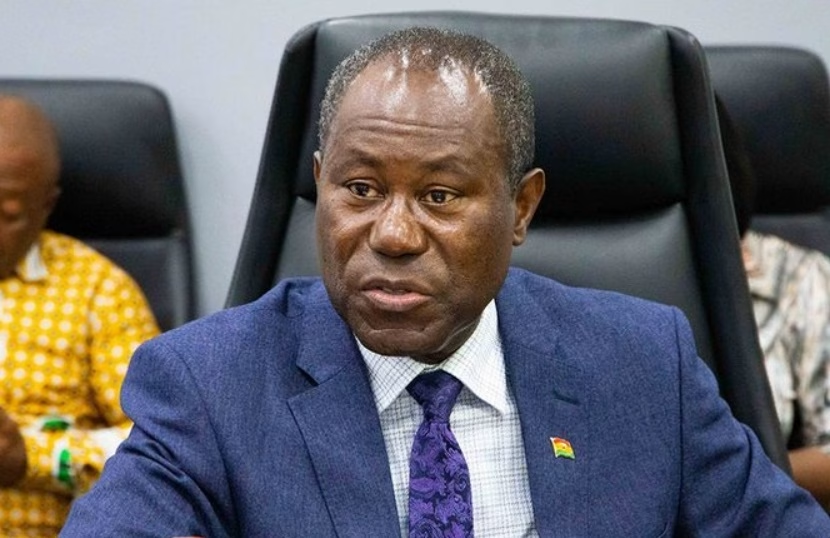Ghana’s cocoa industry has suffered a significant blow, with 120,000 metric tons of cocoa beans lost to smuggling between 2022 and 2023. This alarming figure was revealed by Joseph Boahene Aidoo, CEO of the Ghana Cocoa Board (COCOBOD), at a press conference in Accra on October 14. The smuggling of cocoa beans has long plagued Ghana, but recent years have seen a worrying escalation, driven by attractive prices in neighboring countries.
The losses are a major threat to Ghana’s cocoa sector, a vital part of the national economy. Despite efforts by COCOBOD and other agencies, little progress has been made in curbing the illicit trade. Mr. Aidoo expressed deep concern over the growing trend, highlighting the estimated 100,000 to 120,000 metric tons of cocoa smuggled out of Ghana during the two-year period.
The problem was particularly pronounced in 2022-2023, with smugglers exploiting price differences between Ghana and neighboring countries. The root cause lies in the dynamics of the international cocoa trading system, which has created incentives for smugglers to take advantage of these price disparities.
The international market trading system’s inversion has led to spot prices becoming more appreciable, making smuggling even more attractive. Mr. Aidoo noted that about 100 to 120,000 metric tons of cocoa were smuggled out, especially in the last two years.
COCOBOD has been working to combat smuggling, including collaborating with the Ghana Police Service to seize smuggled cocoa beans. In July 2024, the Anti-Cocoa Smuggling Taskforce confiscated 400 bags of smuggled cocoa beans across several locations.
The taskforce’s efforts have led to several arrests and incarcerations, with operations conducted in Atebubu, Adomi Bridge, and Sogakope in the Volta Region. The smuggled cocoa was destined for neighboring Togo.
Smuggling not only undermines Ghana’s cocoa industry but also poses a significant threat to the economy by depriving the country of crucial export revenues. The losses also impact farmers, who rely on cocoa as a livelihood.
To address the issue, COCOBOD and the government must work together to address the price disparities driving smuggling. This may involve reviewing the pricing system and improving coordination with neighboring countries.
Additionally, enhancing security measures and intelligence gathering can help identify and prevent smuggling operations. Strengthening partnerships with international organizations can also support efforts to combat cocoa smuggling.
Tackling cocoa smuggling requires a multi-faceted approach that addresses the root causes and involves stakeholders across the cocoa value chain. By working together, Ghana can protect its cocoa industry and ensure a sustainable future for its farmers and economy.


